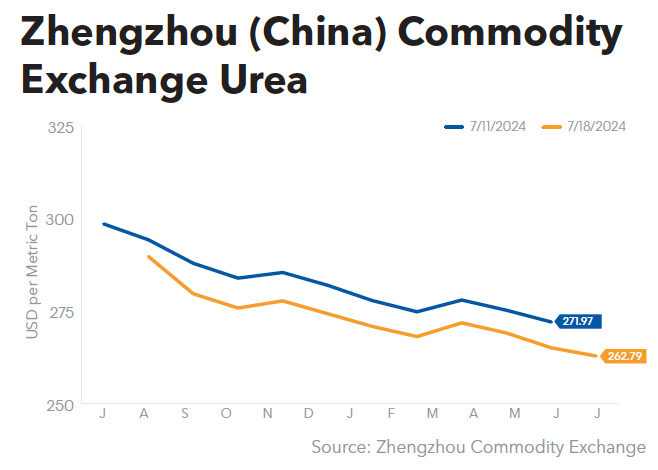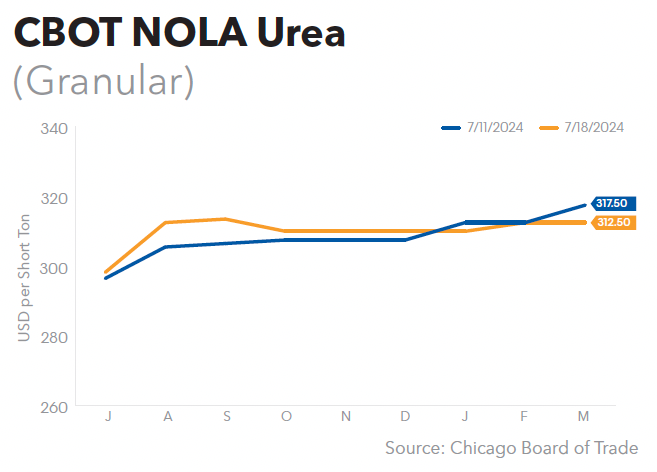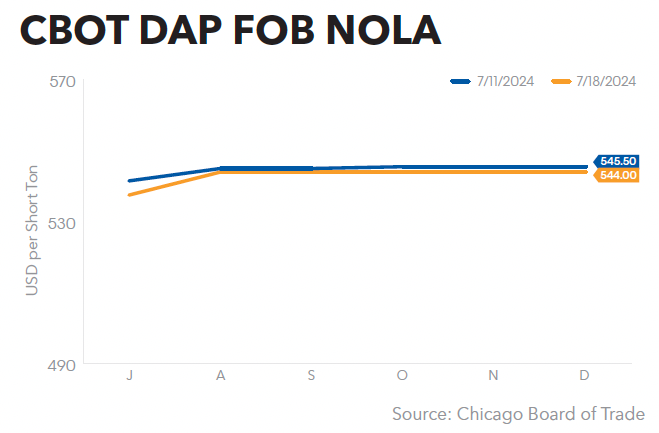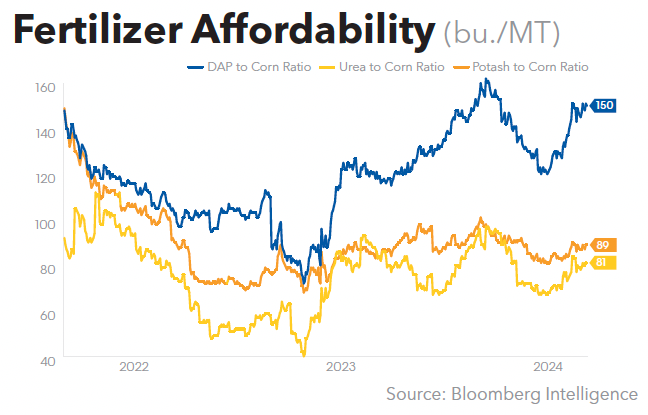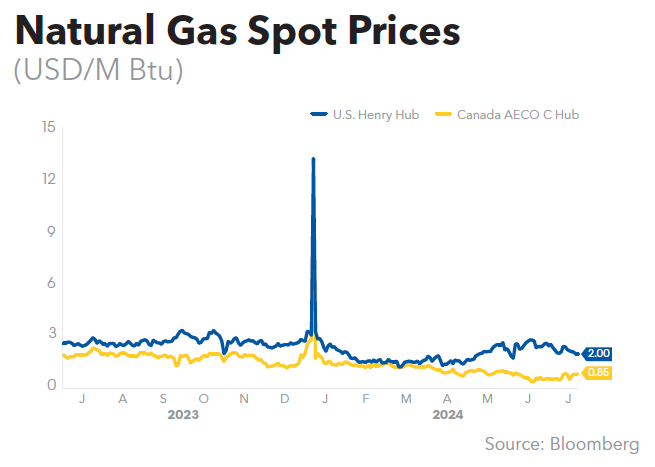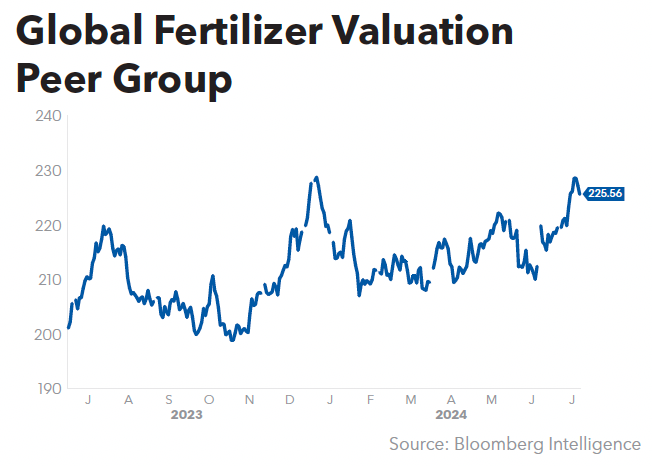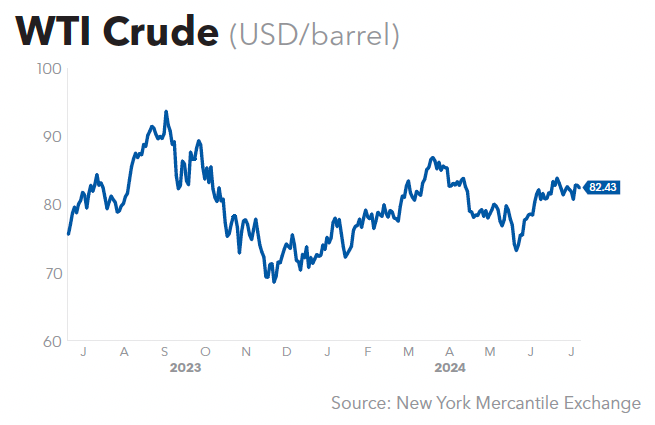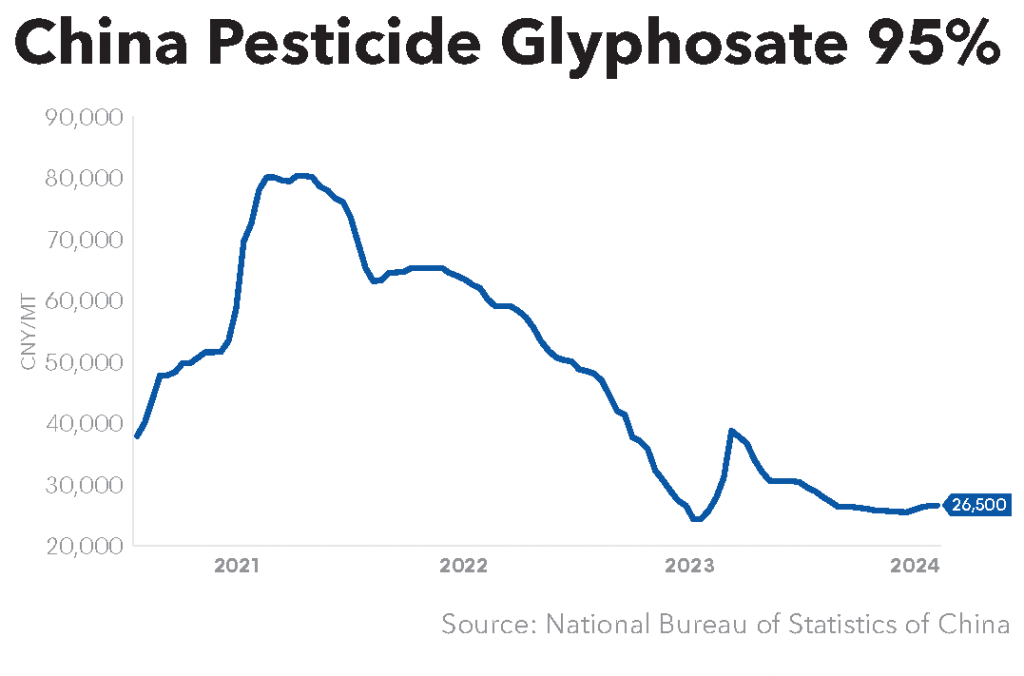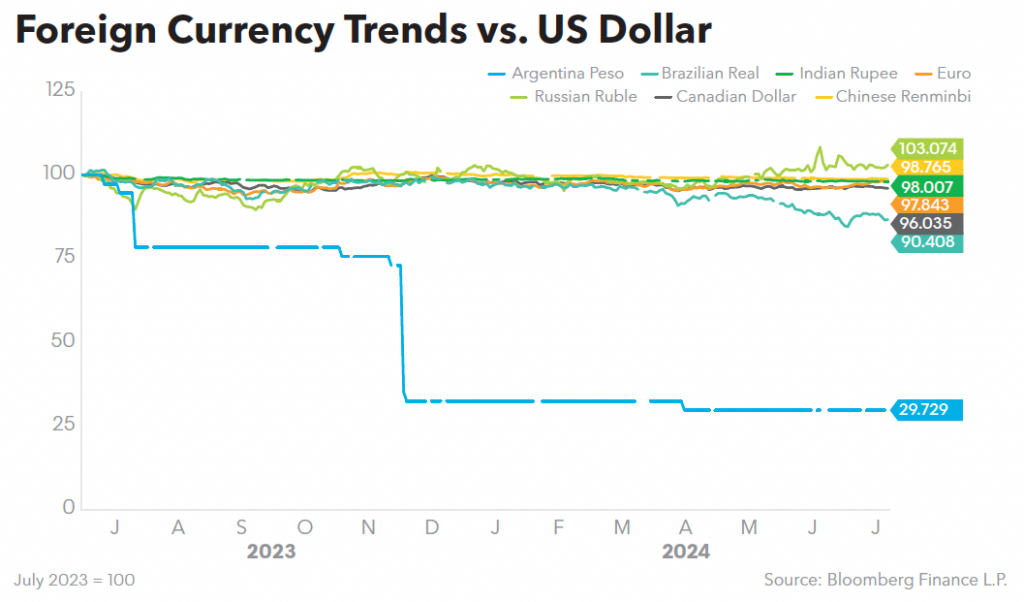Canada Moves to Curb Foreign Takeovers of Mining Companies as Glencore Completes Teck Deal
Canada is making it harder for foreign firms to acquire its biggest mining companies, potentially taking some of the global industry’s attractive takeover targets off the table, according to Bloomberg.
The Canadian government will only approve foreign takeovers of large Canadian mining companies involved in critical minerals production “in the most exceptional of circumstances,” according to the latest guidelines from Industry Minister Francois-Philippe Champagne. The directive was issued on July 4 as part of a sweeping effort by Prime Minister Justin Trudeau’s government to protect Canada’s critical minerals sector and national security interests.
“Canadians cannot ignore that we are in a world of geopolitical competition, with critical minerals at the very core of advanced industrial and defense policies,” the statement said. “Canada welcomes foreign investment and recognizes how important it is, particularly for small Canadian firms to advance exploration and site development efforts. In this light, the Government must balance protecting Canada’s strategic interests while supporting the development of Canada’s resources.”
The move appears to insulate domestic companies from takeovers when the world’s biggest mining firms are hunting for metals that underpin the global transition away from fossil fuels. Industry giants such as Glencore Plc, BHP Group Ltd., and Rio Tinto Plc have been seeking to boost exposure to metals like copper as the appetite for large, transformational deals returns across the industry.
Canadian mining firms, in turn, have become appealing targets. Teck Resources Ltd. spent much of last year fending off Glencore’s $23 billion takeover attempt before the Swiss company opted instead to just buy the company’s metallurgical coal business for $6.9 billion, which the Canadian government approved earlier in July and Glencore hoped to complete by July 11. Teck also produces ammonium sulfate.
Canada and its Western allies have become increasingly concerned about securing critical minerals needed for goods ranging from electric vehicle batteries to electronics, prompting them to push to develop supply chains to loosen China’s global dominance over the industry.
“This high bar is reflective of the strategic importance of Canada’s critical minerals sector and how important it is that we take decisive action to protect it,” Champagne said in a July 4 statement.
The government’s list of 34 critical minerals includes copper, zinc, potash, and uranium. Phosphorus was added to the list in June (GM June 14, p. 1), with Natural Resources Canada stating that the mineral is essential for batteries and food security.
A spokesperson for the government declined to comment further on what might constitute exceptional circumstances for transactions. The Mining Association of Canada declined to comment on the new directive.
Foreign takeovers of mining companies have been a touchy topic in Canada ever since a wave of deals 18 years ago took out some of the country’s biggest players, including nickel miner Inco Ltd. and aluminum producer Alcan Inc. When BHP proposed a takeover of Potash Corp. of Saskatchewan Inc. in 2010 (GM Aug. 23, 2010), then-Prime Minister Stephen Harper’s government blocked the deal on the grounds that it wouldn’t be of “net benefit” to the country (GM Nov. 8, 2010).
Teck is one of the few large Canadian metals producers that survived a wave of industry takeovers, even though it has long been coveted by foreign competitors for its copper and zinc assets spread across the Americas. The Vancouver-based company is widely expected to become an acquisition target when founder and top investor Norman Keevil gives up control of the company in the coming years.
“Essentially they are saying to Glencore, don’t bother coming back for the other half of Teck,” said Canadian mining financier Pierre Lassonde, who launched a competing bid for Teck’s coal assets last year. “It looks to me like Ottawa is prepared to ring-fence the Canadian critical metals industry with this new directive.”
Bloomberg previously reported that Rio Tinto had looked in the past at Canadian copper miner First Quantum Minerals Ltd., among other potential deals, although Rio CEO Jakob Stausholm had so far rejected the idea.
Other big Canadian miners include fertilizer producer Nutrien Ltd. uranium giant Cameco Corp, in addition to Ivanhoe Mines Ltd., which has large copper and zinc operations in the Democratic Republic of Congo.
The new directive goes even further than a crackdown on foreign takeovers from state-owned entities that began in October 2022. Champagne’s ministry has thwarted several recent attempts by Chinese companies to make inroads in Canada’s critical minerals sector through takeovers or major investments. The new directive signals that the federal government is wary of foreign takeovers even from companies in friendly nations.
Canada’s crackdown could also constrict access to capital for companies that rely on foreign investment to fund exploration and mining projects. The government is “limiting” funding to the industry with their “more aggressive statements,” said Shane Nagle, a metals and mining analyst with National Bank of Canada. “If that’s going to be challenging to do, they’ll just go elsewhere.”
